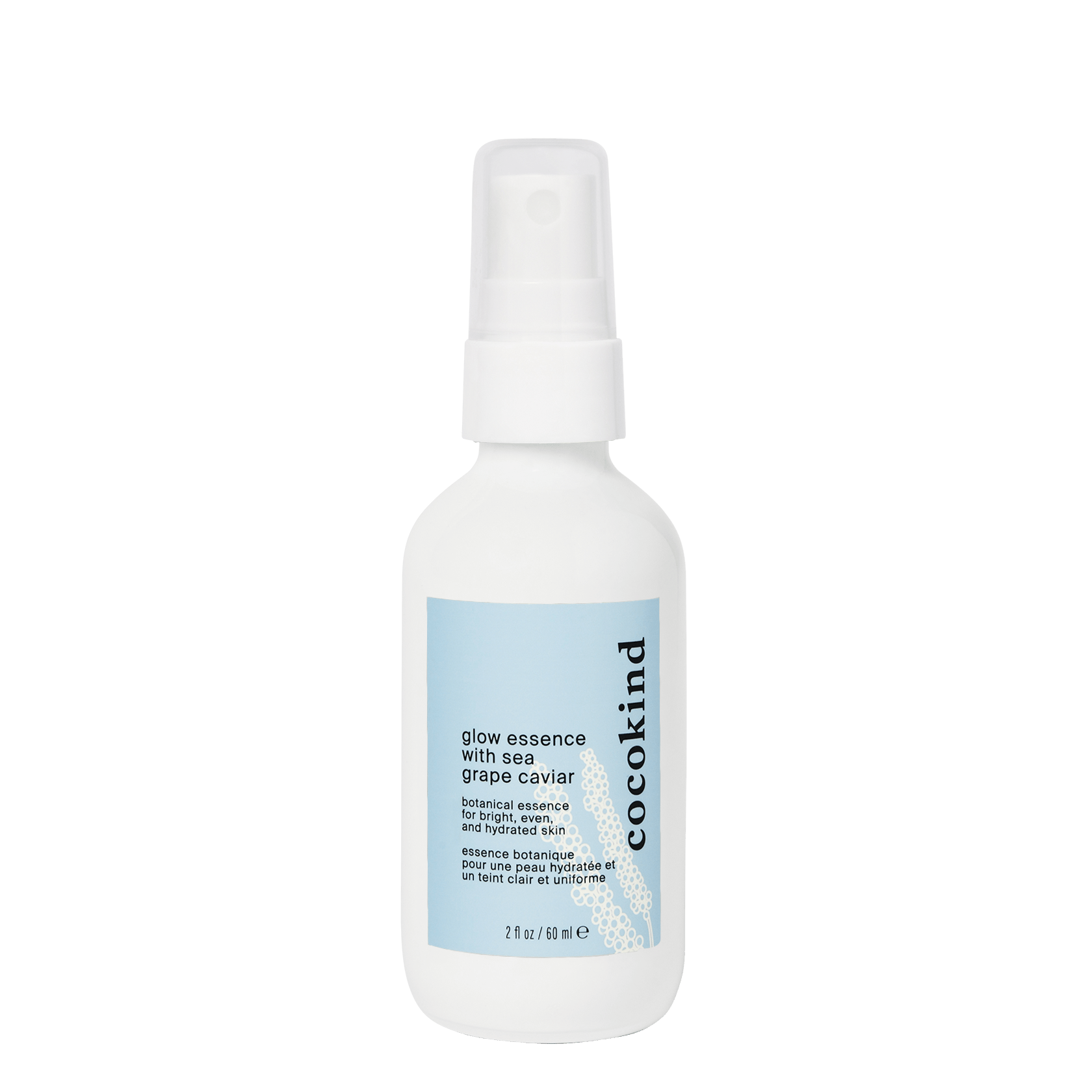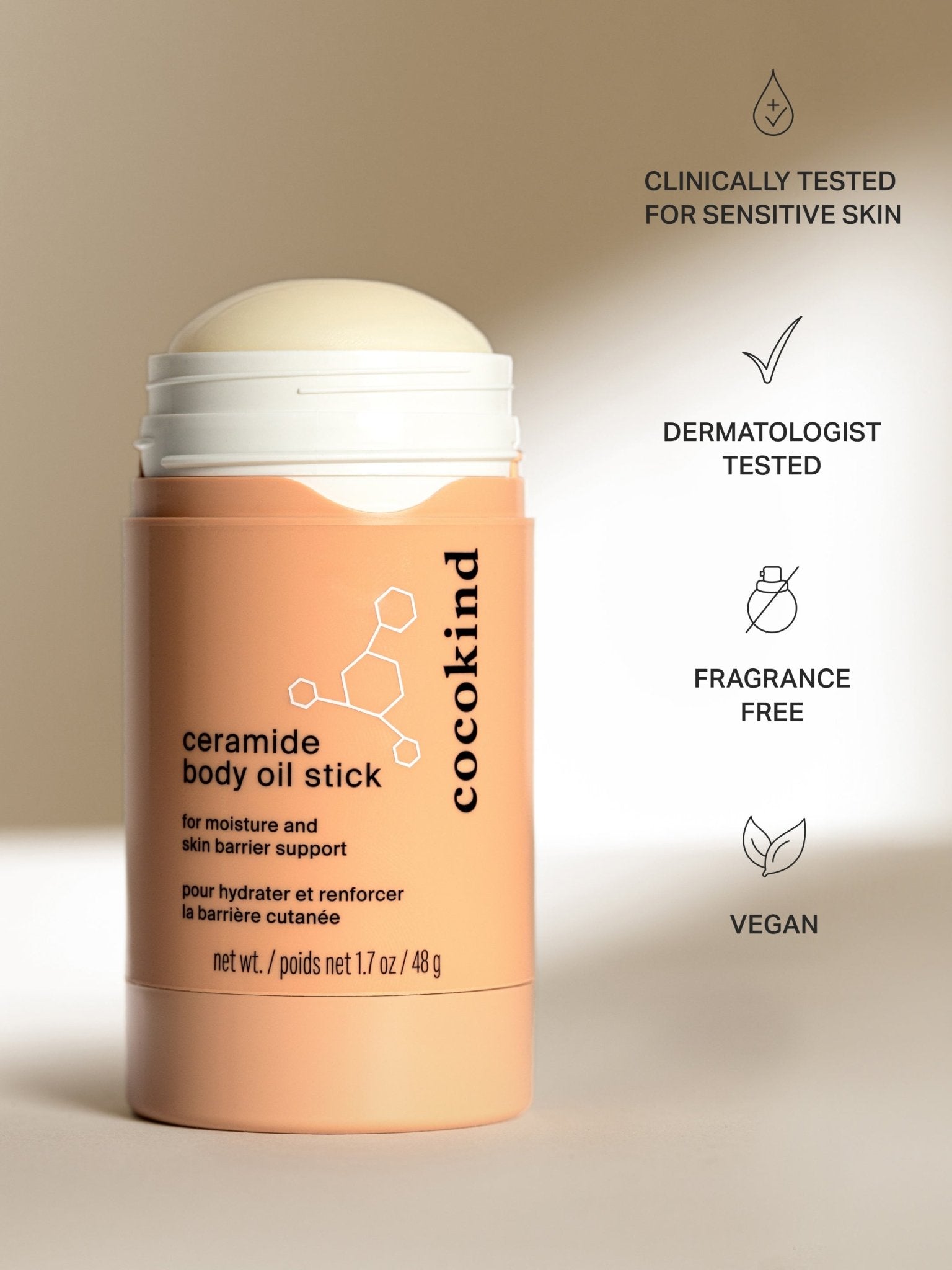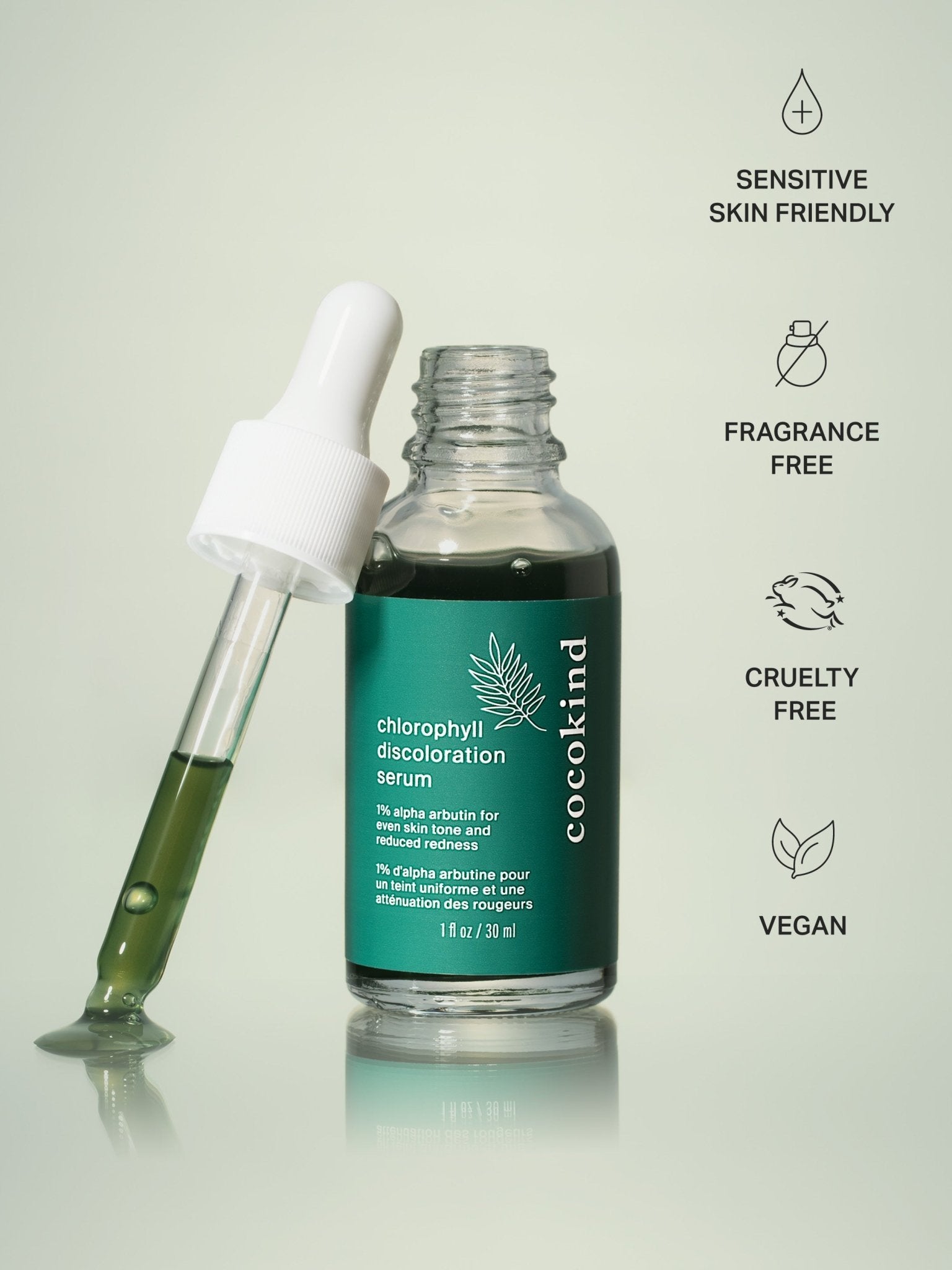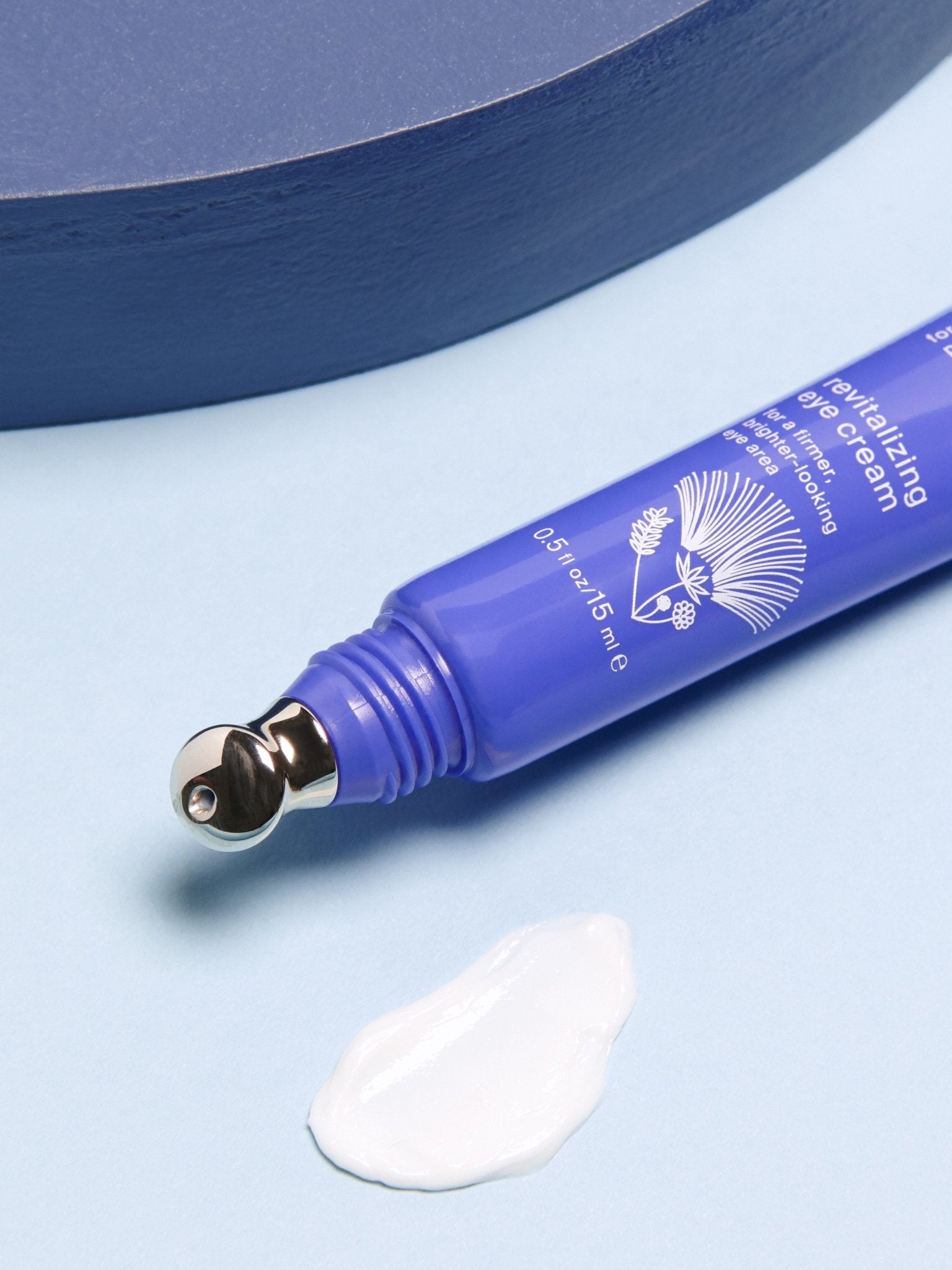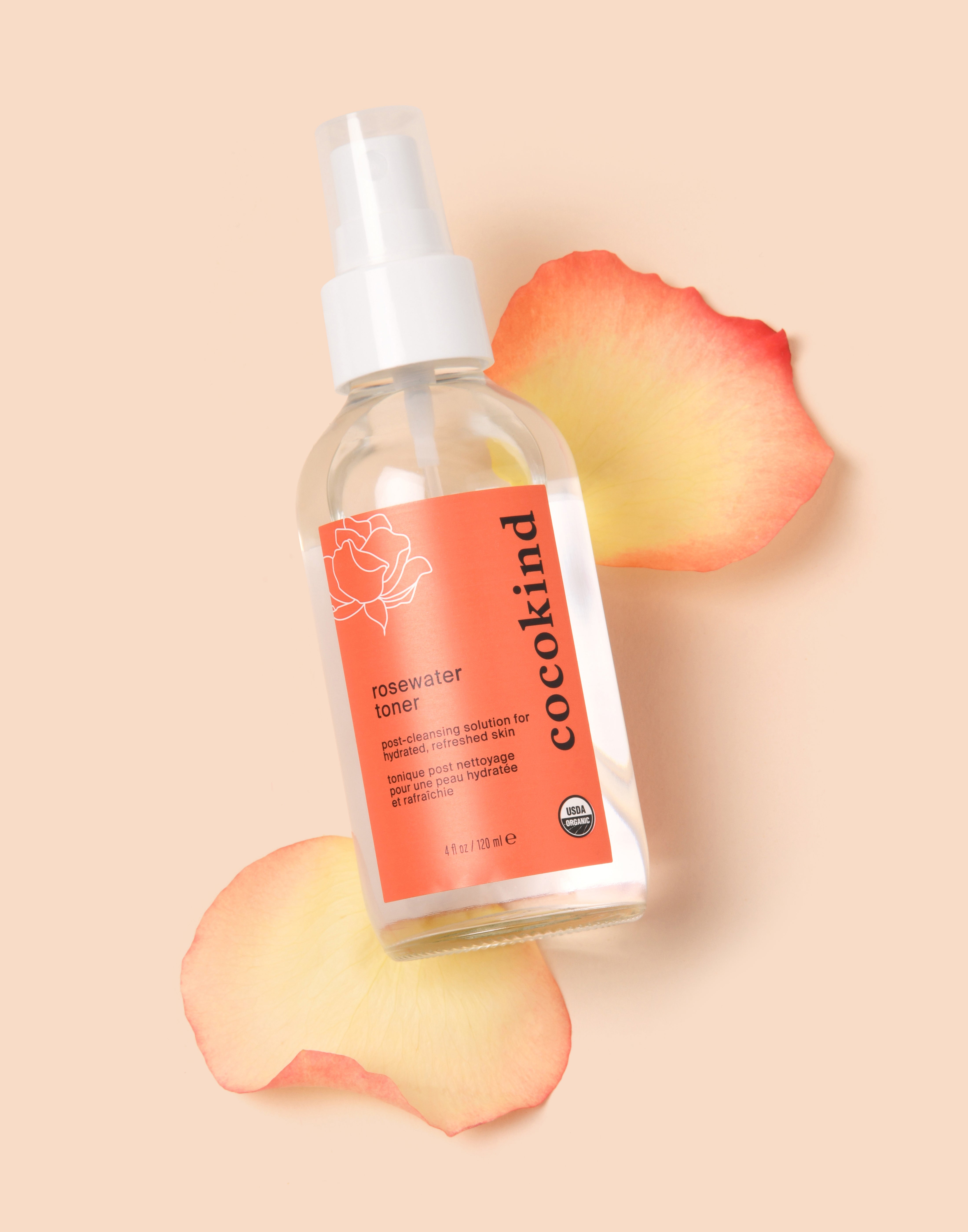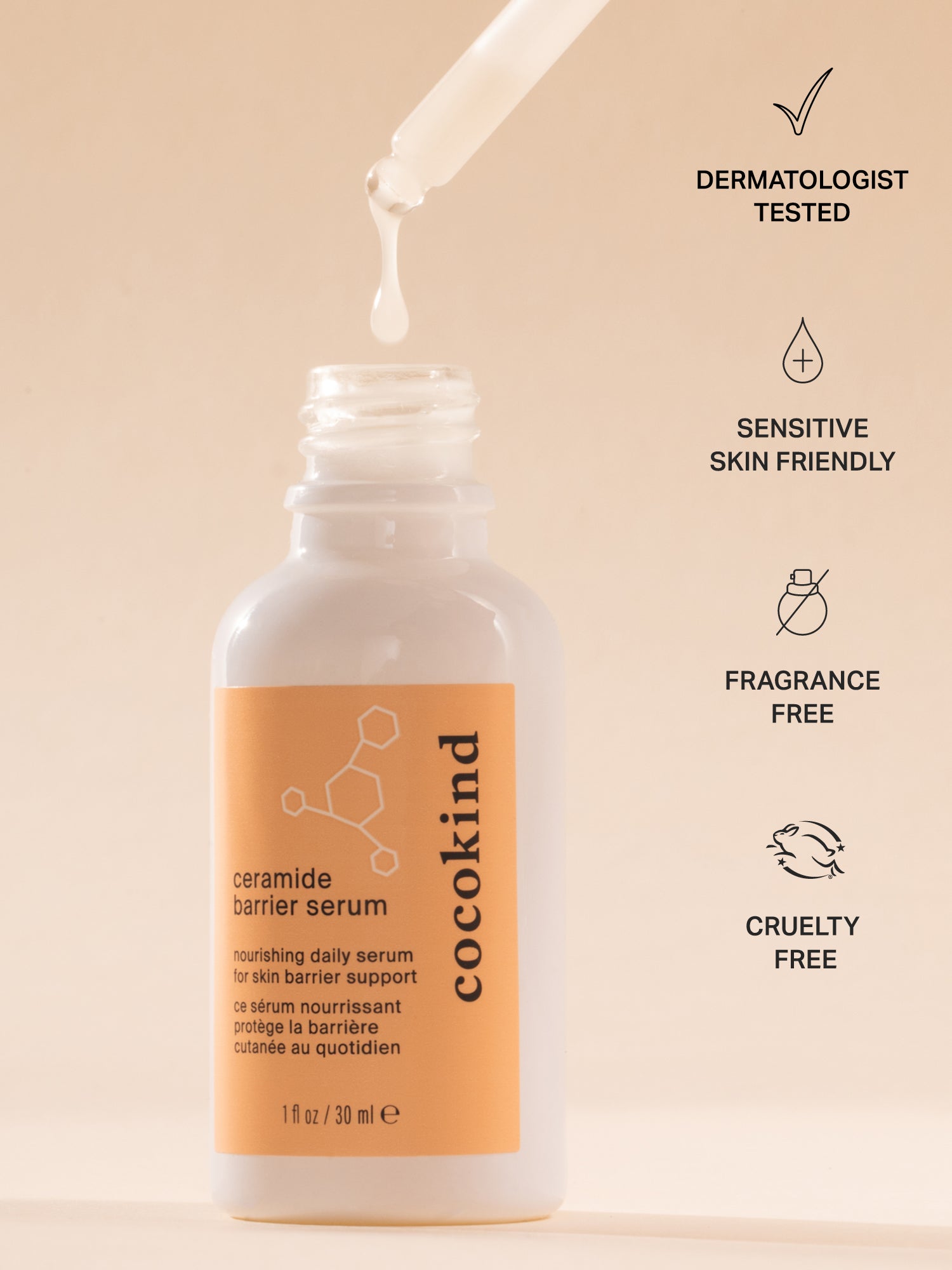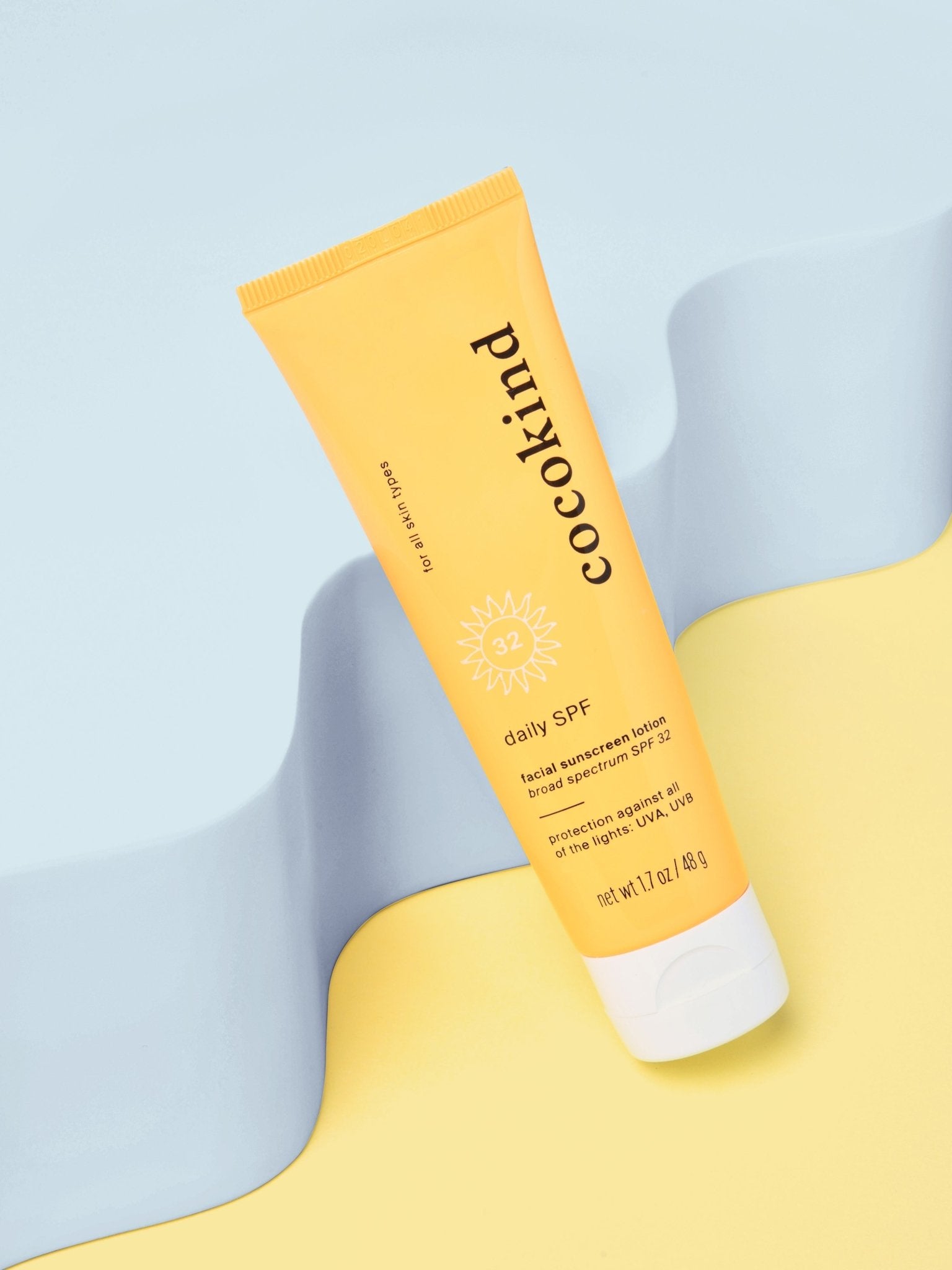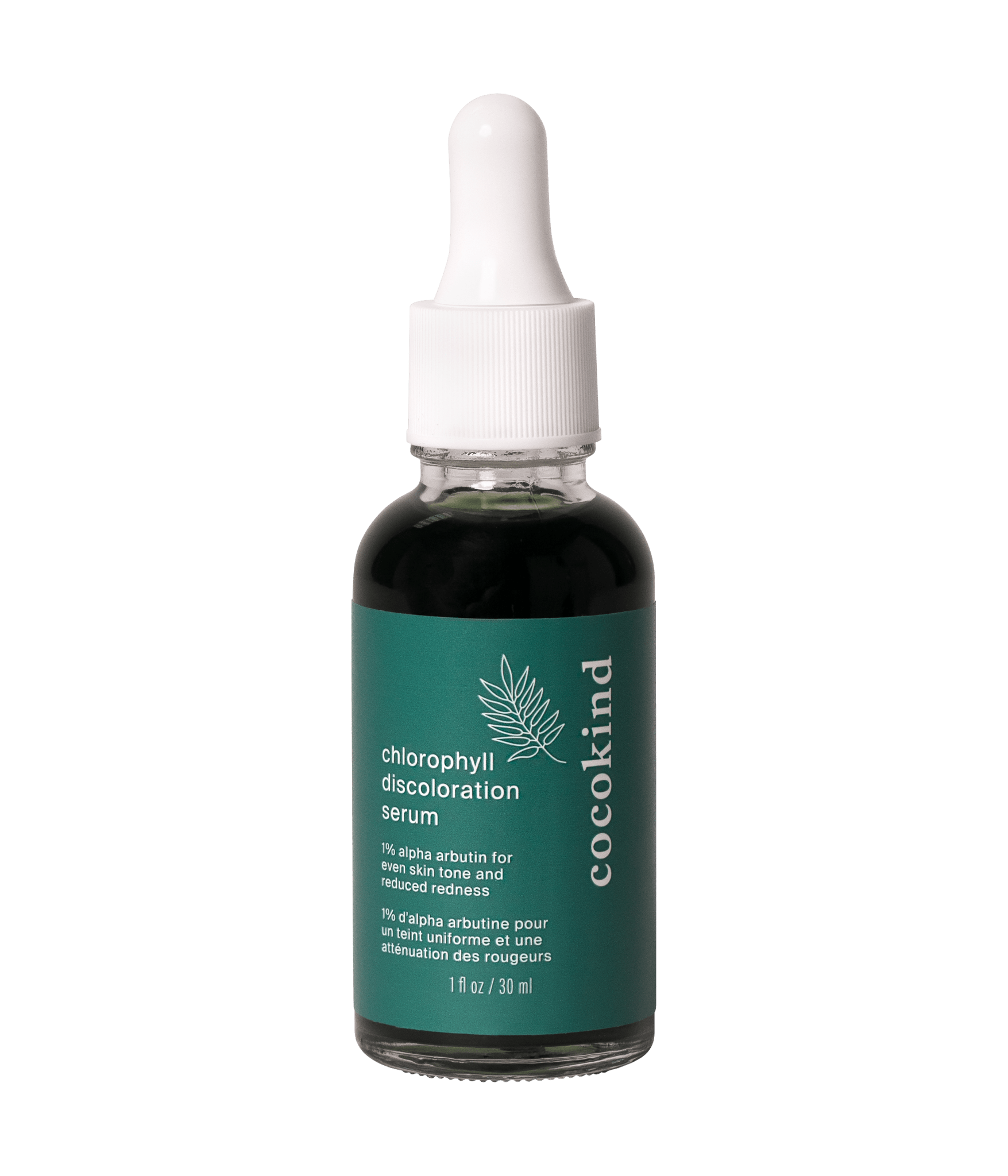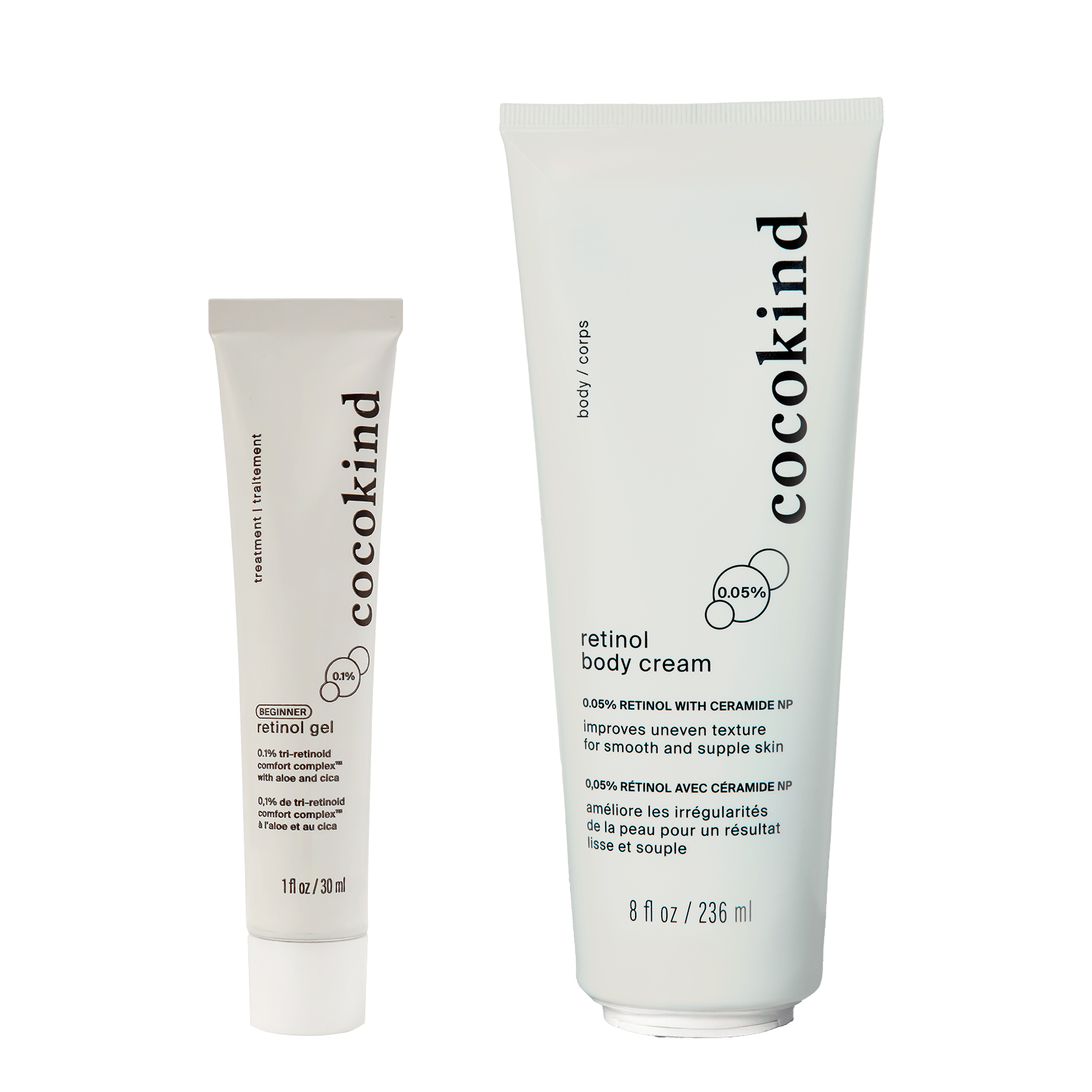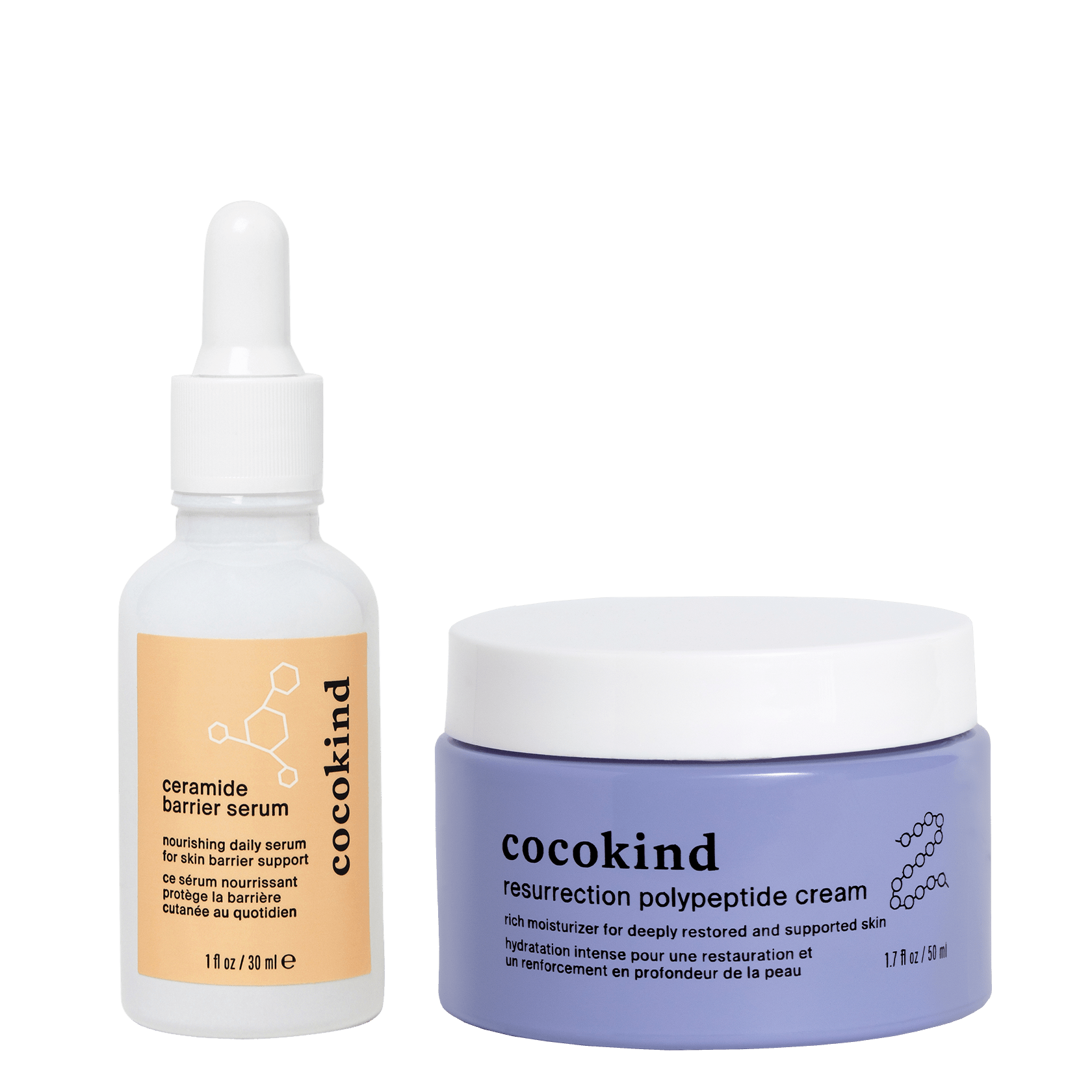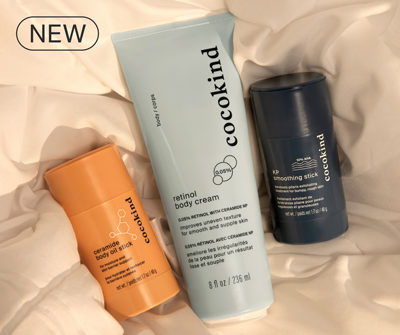We just launched our resurfacing sleep mask, a product that brightens, hydrates, and smooths skin overnight. All you have to do is apply it, fall asleep, and wake up to renewed skin, right after rinsing.

The idea of using a skincare product while you sleep got us thinking about the fluctuations in how our skin and our bodies feel at different times of day. For example, how we start to feel tired or our skin starts to feel oily around the same times daily.
Most of the time, these fluctuations can be almost completely attributed to our circadian rhythms. Here’s what we know.
circadian rhythms
Your circadian rhythm is essentially your body’s internal clock. It signals your body to feel alert and awake or tired and drowsy at the same times every day. According to the National Sleep Foundation, for most adults, the biggest decreases in energy usually happen in the middle of the night, between 2 and 4 am, and right after lunchtime, around 1 to 3 pm.
Interestingly enough, you’re much less likely to feel the fluctuations of your circadian rhythm if you’ve been getting enough sleep. Basically, you might not crave that after-lunch siesta if you’ve been getting your 7-9 hours of good, restful sleep every night. If you haven’t, you’re more likely to notice swings between drowsiness and alertness throughout the day.
Your circadian rhythm is controlled by your brain, but external factors like light and darkness can affect it. Darkness sends a signal to your brain indicating that it’s time to feel tired, which sends a signal to your body, prompting it to produce melatonin, the hormone that causes your body to feel sleepy.
Light, on the other hand, can effectively block melatonin production - and we don’t just mean sunlight! Blue light from your smartphone, laptop, or TV can suppress melatonin production just as effectively as daylight can, making it harder to fall asleep by the time your head hits the pillow.
The relationship between light and your body’s melatonin production explains why circadian rhythms usually correspond to daytime and nighttime, causing your body to feel awake when it’s light or sunny out, and sleepy when it’s not.
your skin’s circadian rhythm
And did you know that your skin has its own circadian rhythm too? Just like your body, your skin has an internal clock that dictates its behavior at different times of day.
morning
Skin cells regenerate primarily at night, replacing old skin cells with new ones, and helping your skin appear more youthful and refreshed. Blood flow to your skin also increases while you sleep, giving your skin that fresh-faced glow in the morning after you’ve gotten a great night’s rest. That’s why it’s common to feel like your skin looks its best in the morning, when you’re starting your day.
Morning is also the optimal time to start protecting your skin. Throughout your day, you’ll be exposed to all kinds of oxidative stress-causing factors, including UV light, pollution, and the like. To combat their effects, we recommend working an antioxidant serum or moisturizer (or both!) into your morning skincare routine, like our vitamin c serum with sea grape caviar or our golden elixir. And don’t forget about sunscreen!
afternoon
The afternoon is usually when your skin will feel its oiliest. Many believe that your skin naturally starts producing extra sebum and oil to protect your skin against the sun and other environmental stressors. It’s also common for factors like stress and dry air to trigger extra oil production.
Either way, your face is likely to look and feel its oiliest around midday.
If you’re not a fan of the midday shine, try blotting your skin with a tissue, even over makeup, to absorb excess sebum or oil. You can also use a few spritzes of our rosewater toner to give your skin a refresh and help balance its pH, which will help reduce the excess sebum.
night
As we’ve mentioned, nighttime is the prime time for your skin to regenerate, and create new cells. At night, your skin’s barrier is also slightly more permeable, which means that products are able to sink in more deeply. This makes it the ideal time to use your hardest working skincare products. The increased permeability of your skin barrier at night can also make your skin slightly more susceptible to moisture loss, so it’s important to keep your skin hydrated as well.
We’re big fans of a product that does all of the above - our resurfacing sleep mask uses natural actives including bakuchiol, a plant-derived retinol alternative, to brighten and firm skin and soften the look of fine lines and wrinkles. It also uses wild indigo extract to reduce the appearance of visible fatigue and beta-glucan, a plant-derived hyaluronic acid alternative, to deeply moisturize and nourish, so you can wake up with even, glowing, hydrated skin.

Sweet dreams!
we hope you found this helpful! for more skincare info, tips, tricks, and tutorials, make sure to subscribe to our emails below!
